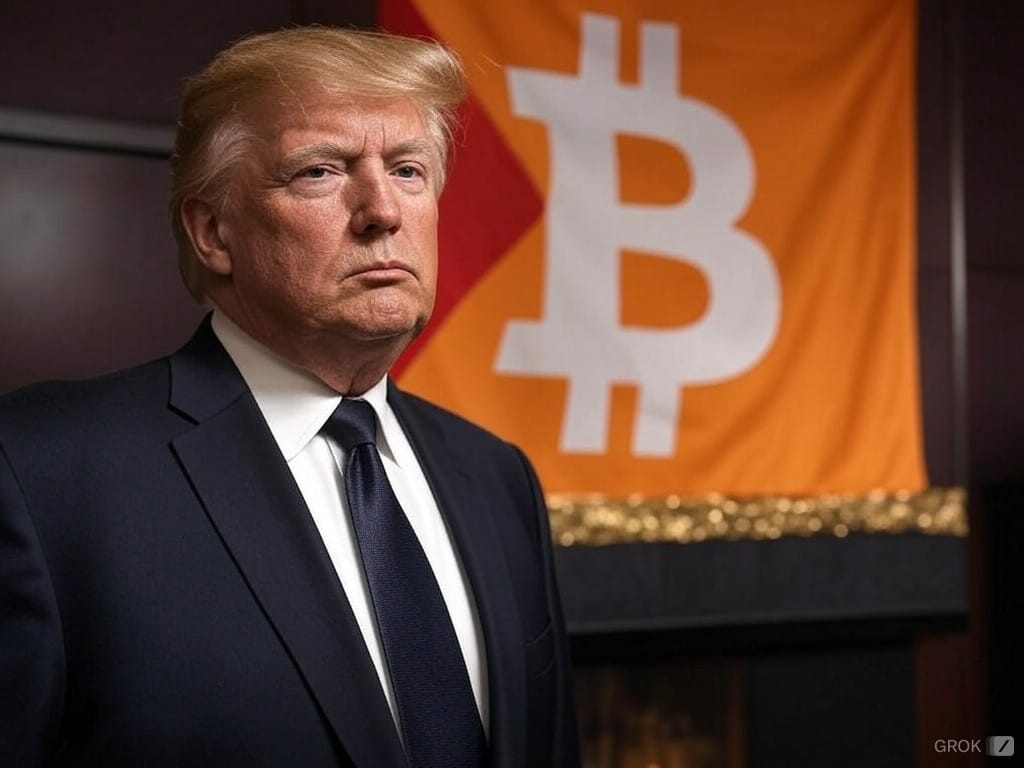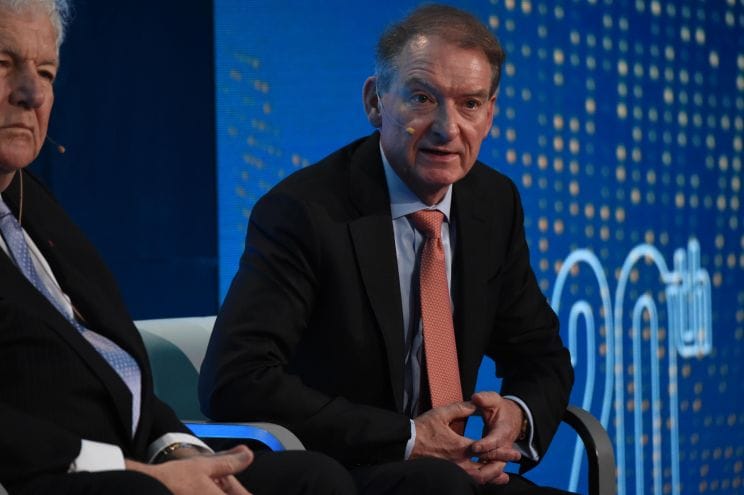Bitcoin Policy Institute Proposes Strategic Bitcoin Reserve for President-elect Trump
In a bold move that could reshape U.S. policy on digital currencies, the Bitcoin Policy Institute has drafted an executive order aimed at establishing a Strategic Bitcoin Reserve under the incoming administration of President-elect Donald Trump. The proposed executive order suggests the creation of a national reserve of Bitcoin,
In a bold move that could reshape U.S. policy on digital currencies, the Bitcoin Policy Institute has drafted an executive order aimed at establishing a Strategic Bitcoin Reserve under the incoming administration of President-elect Donald Trump.
The proposed executive order suggests the creation of a national reserve of Bitcoin, mirroring the strategic petroleum reserve, to bolster the country's position in the digital economy. According to posts found on X, the initiative would potentially use the Exchange Stabilization Fund to procure Bitcoin, positioning the United States at the forefront of cryptocurrency adoption in national policy.
The draft comes at a time when discussions about integrating cryptocurrencies into national financial strategies are gaining traction globally. Trends on X indicate similar proposals in other jurisdictions, like Ohio's recent bill for a state Bitcoin reserve, and European discussions led by figures like Sarah Knafo, who oppose a CBDC in favor of Bitcoin reserves.
JUST IN: Bitcoin Policy Institute drafts Executive Order for a Strategic Bitcoin Reserve for President Trump 🇺🇸 pic.twitter.com/bxJHZKa8Ue
— Bitcoin Magazine (@BitcoinMagazine) December 17, 2024
The response on social media has been mixed. While some see this as a forward-thinking strategy that could secure U.S. leadership in the digital economy, others express skepticism regarding the practicality and potential risks of such a policy. There's also debate over how this would affect global finance and the stability of traditional currencies like the U.S. dollar.
Senator Cynthia Lummis has been noted on X as expressing optimism about 2025 being a pivotal year for Bitcoin, especially with David Sacks rumored to take on the role of Crypto Czar, which might provide further support for this strategic move.
However, the feasibility of such a policy remains under scrutiny. Critics argue about the volatility of Bitcoin and the implications of government involvement in what has traditionally been a decentralized market. Proponents counter that this could offer protection against inflation and currency devaluation, offering a new layer of economic security.
🇺🇸 US Strategic Reserve could push Bitcoin to $500K because it would force governments all around the world to buy Bitcoin, and we will see a "rip UP" that will make 2024 look docile - Bitwise CIO 🔥 pic.twitter.com/o6CBOaDTpo
— Bitcoin Archive (@BTC_Archive) December 17, 2024
The draft executive order still requires official review and approval before it could be enacted. If implemented, it would mark one of the most significant acknowledgments by the U.S. government of Bitcoin's role in future economic strategies.
As the world watches, the policy could either pave the way for a new era of U.S. economic policy or serve as a cautionary tale in the integration of cryptocurrencies into national reserves. The Bitcoin Policy Institute's proposal is set to be one of the many discussions that will define Trump's economic agenda in his upcoming term.




